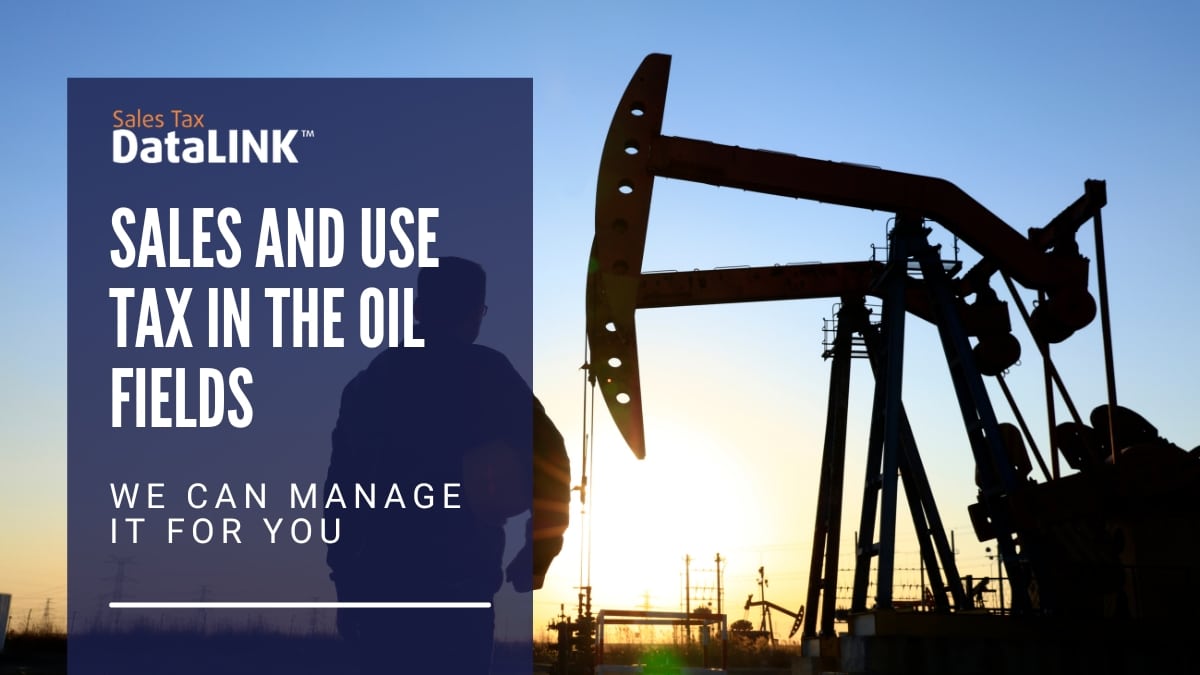Sales and Use Tax in the Oil Fields: Understanding the Complexity
If you acidize wells in South Dakota, must you collect sales tax?
The answer is yes. Not all the answers to sales tax questions for oil companies are that simple, though.
Suppose you dig an oil well (let’s keep it in South Dakota for simplicity’s sake) and move on to another area. You hire someone (let’s say Chris) to manage the well. Chris makes some investments in equipment on your behalf and passes the cost on to you. You own the equipment. Chris paid sales tax when buying the equipment. Chris invoices you for the management fee and the equipment. Since you are the owner of the equipment and the sales tax was paid when the equipment was bought, Chris can’t charge you sales tax on the equipment. The services Chris has rendered include cleaning, logging, sampling, snow removal, well operation, and various other taxable tasks, so you must pay sales tax on the management fee. Pretty straightforward for you as the customer and Chris as the vendor. But look at how many variables there are in play here!
If some of the services are taxable and some are not, the management fee will have to be broken down further. If Chris marks up the cost of the equipment, you may have to pay sales tax. If the equipment is bought by Chris, not on your behalf, and you are not the owner of the equipment but you pay for its use, you may have to pay sales tax on the services, and Chris might also choose to pass on the sales taxes paid for the equipment by building them into the pricing. Chris may be responsible for sales and use taxes on all taxable items if the charges are a flat fee with no itemization for expenses or purchases. In Texas, the factors determining who pays sales and use tax on oil wells include not only the ownership of the equipment but also the use of chemical processes in the course of servicing the wells.
In Oklahoma, oil extraction is specifically excluded from exemptions that normally apply to manufacturing, so machinery and equipment bought for use in the oil fields is subject to sales tax, even if it would not be subject to sales tax was it used in manufacturing in general. If Chris did business in Kansas, sales tax on equipment bought would have to be collected separately — except in the case of drill bits, which are exempt from sales tax when they’re used to extract oil. We could go on, but you probably get the point.
Does your sales tax database correctly handle all these details? Probably not. 80% of all the information for a sales tax database is the same for all databases — but that 20% is very important. Without customization, you can’t file correctly. It’s that simple. SalesTaxDataLINK’s databases and rate utilities can be customized to suit your needs, and our sales and use tax specialists are just that: specialists. Our sales tax filing solutions provide exceptional accuracy and exceptional value. Contact us today and let us impress you.




